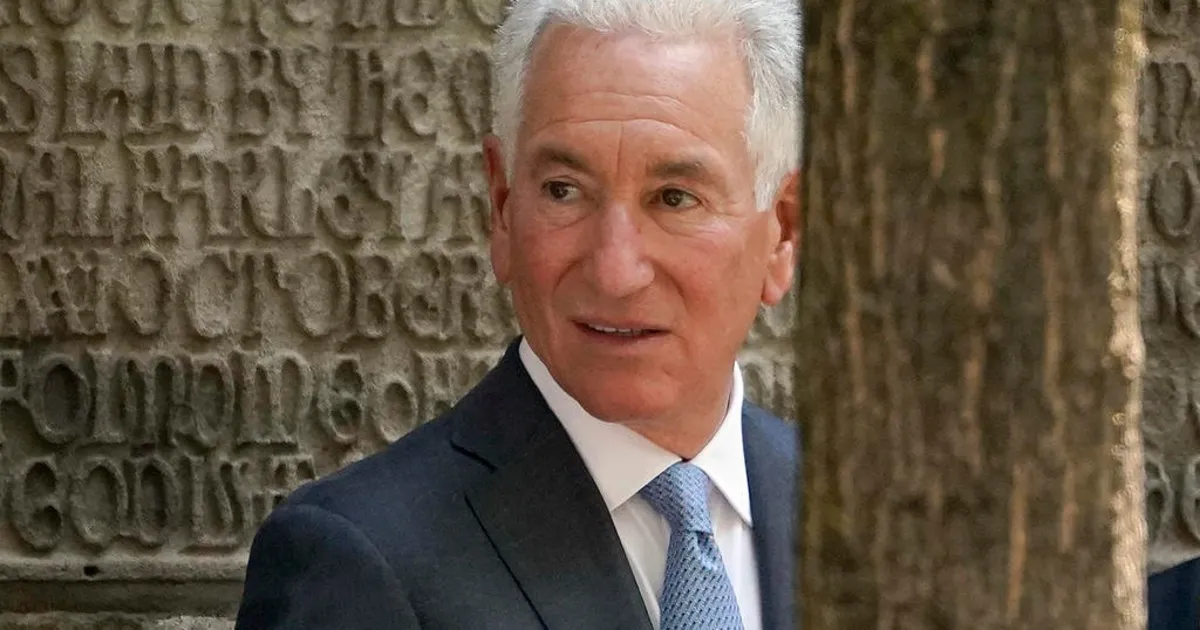
In a significant diplomatic move, France has summoned the U.S. ambassador to Paris, Charles Kushner, following his controversial letter to French President Emmanuel Macron. In the letter, Kushner accused France of failing to adequately address the rising issue of antisemitism in the country. The French foreign ministry issued a statement on Sunday, confirming that Kushner is required to appear at the Quai d'Orsay, the French Ministry for Europe and Foreign Affairs, to address these allegations deemed "unacceptable."
The French government firmly rejects Kushner's claims. In a statement obtained by CBS News, officials expressed their deep regret regarding the increase in antisemitic acts in France since October 7, 2023, and emphasized that they are committed to combating such intolerable acts. The statement highlighted that these allegations contradict the principles outlined in the 1961 Vienna Convention of Diplomatic Relations, which mandates that diplomats must not interfere in the internal affairs of sovereign nations.
The statement from the French ministry further indicated that Kushner's remarks undermine the quality of the transatlantic partnership between France and the United States, highlighting the necessity of trust between allies. The diplomatic tensions come at a time when French-U.S. relations have already been strained, particularly amid ongoing disputes related to trade and foreign policy.
Despite the controversy, the White House and U.S. State Department have not yet responded to requests for comment on this diplomatic incident. The summoning of the ambassador serves as a formal notification of France's displeasure regarding these allegations. Notably, Kushner is a prominent real estate developer and the father of Jared Kushner, former President Donald Trump's son-in-law and senior adviser. The specific contents of Kushner's letter have not been made public.
This diplomatic incident follows recent remarks from Prime Minister Benjamin Netanyahu of Israel, who accused France of fostering an environment that fuels antisemitism through its expressed intentions to recognize a Palestinian state. France is home to the largest Jewish population in Western Europe, estimated at around 500,000 individuals, which constitutes roughly 1% of the national population. The growing tensions surrounding antisemitism are particularly poignant given this demographic context.
The discord between France and the U.S. extends beyond the issue of antisemitism. Recently, France announced plans to suspend shipments of various packages to the U.S. due to uncertainty over new import duties resulting from a decree signed by Trump. This decree subjects international goods valued under $800 to import tariffs starting August 29. Additionally, France and the U.S. are divided over the future of U.N. peacekeepers in Lebanon, with France opposing U.S. efforts to wind down the UNIFIL operation, a vote on which is expected at the end of the month in the U.N. Security Council.
Furthermore, the two nations have had differing views regarding support for Ukraine in its ongoing conflict with Russia. However, recent developments suggest a thawing of relations, as Trump has shown support for security guarantees during a recent meeting with Macron and other European leaders at the White House.
In a notable twist, Trump had previously pardoned Charles Kushner at the end of his presidency. Kushner had pleaded guilty years earlier to charges of tax evasion and making illegal campaign donations. This complex family and political dynamic further adds layers to the unfolding diplomatic saga between France and the U.S.